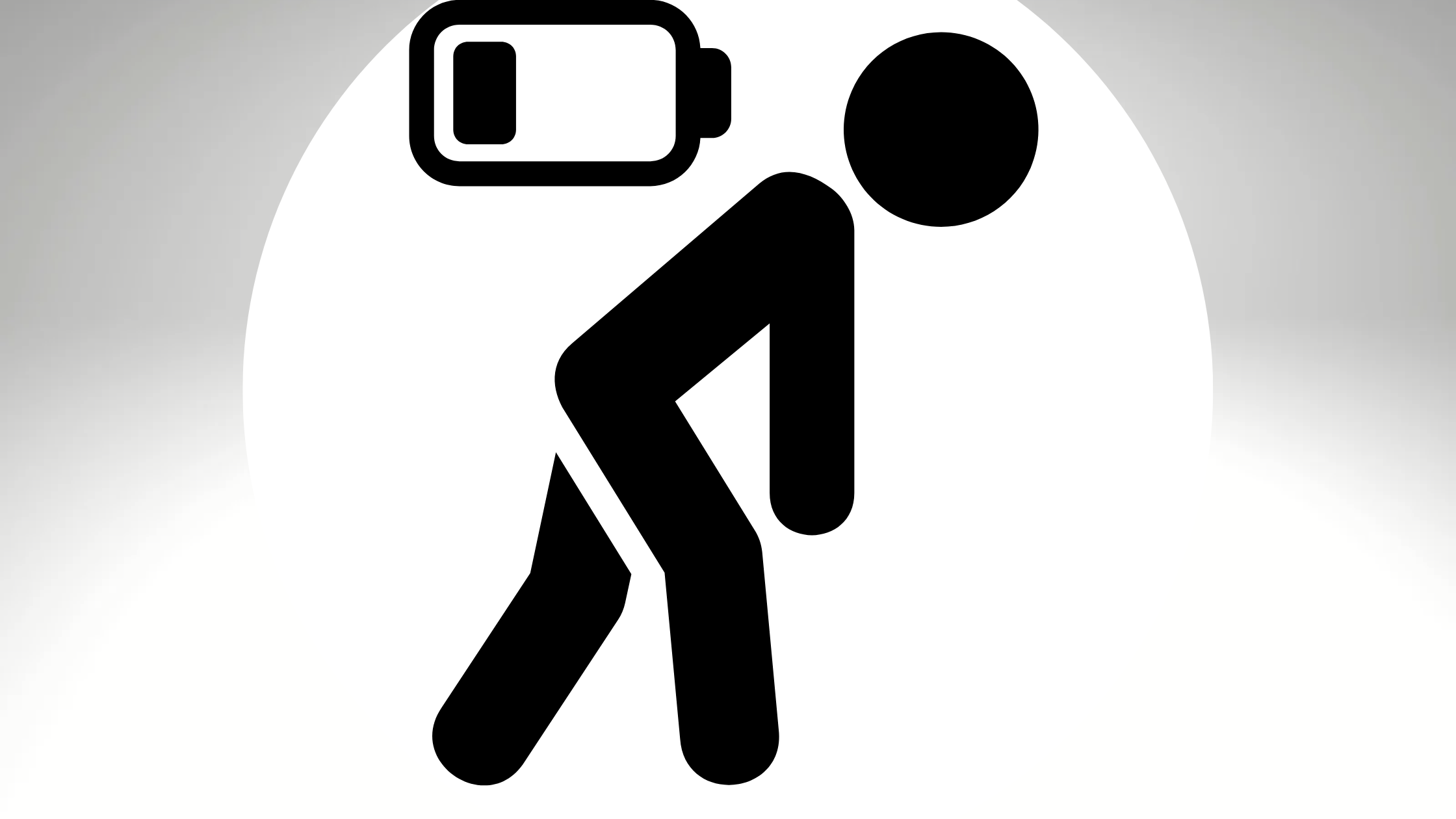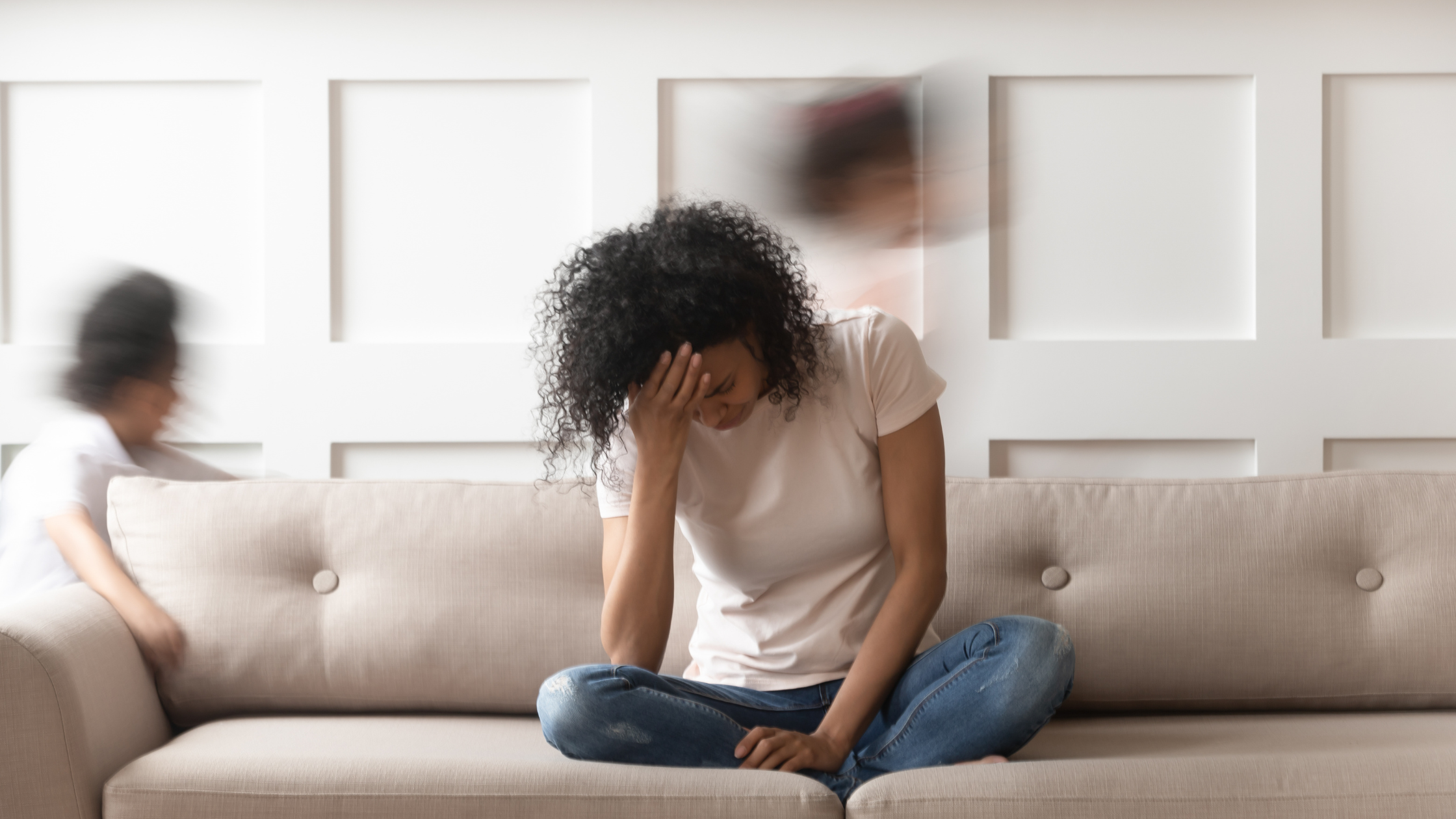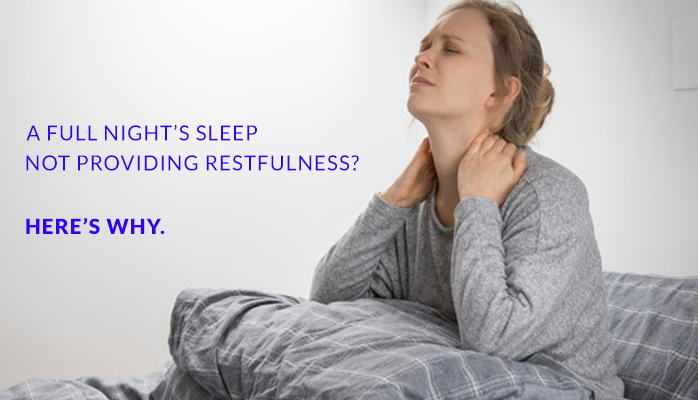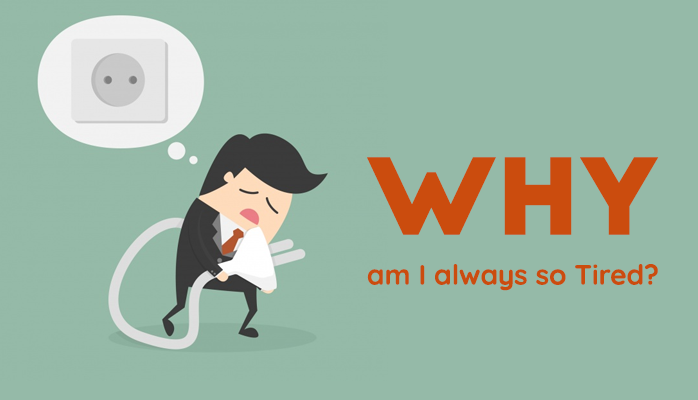Fatigue is that unwelcome companion that always seems to tag along just when you need to be at your best. We've all felt it, that overwhelming sense of tiredness that even the strongest cup of coffee can't shake off. But what causes fatigue? While it's tempting to blame too many late nights or perhaps an over-scheduled day, there's more to this puzzle than meets the eye.
In this blog post, we'll explore some of the underlying causes of fatigue, shedding light on why you might be feeling more worn out than usual. While fatigue isn't exactly a life-threatening condition, understanding its roots can help you manage it better and improve your overall quality of life.










